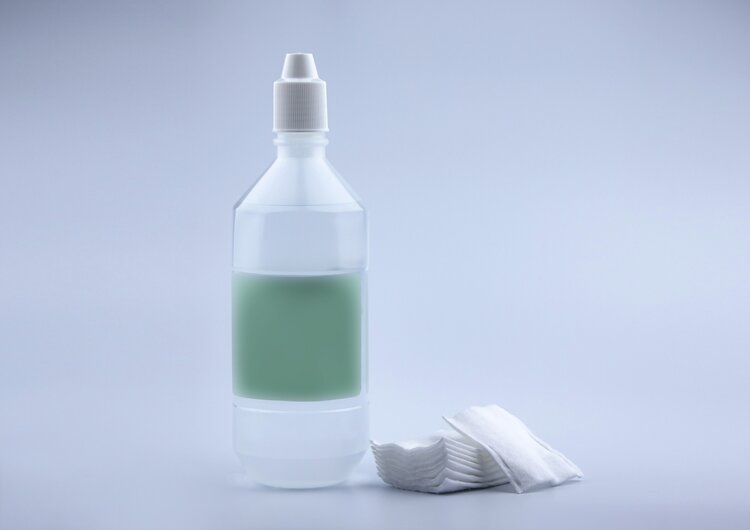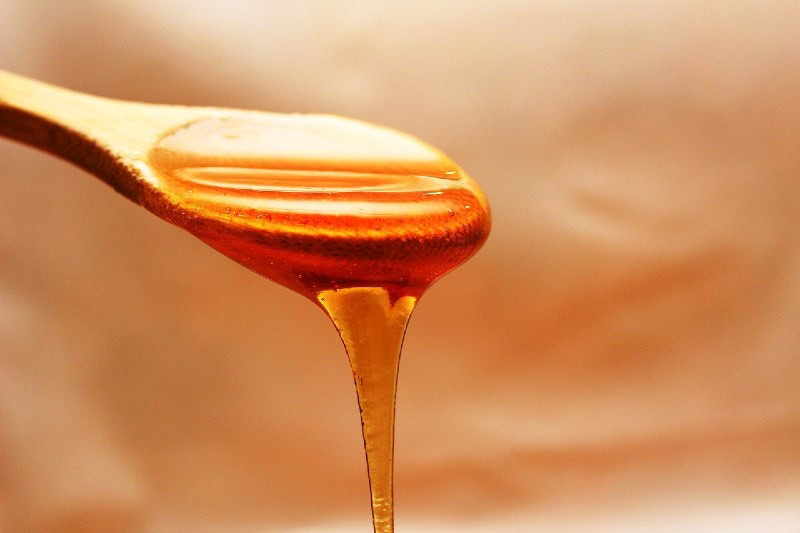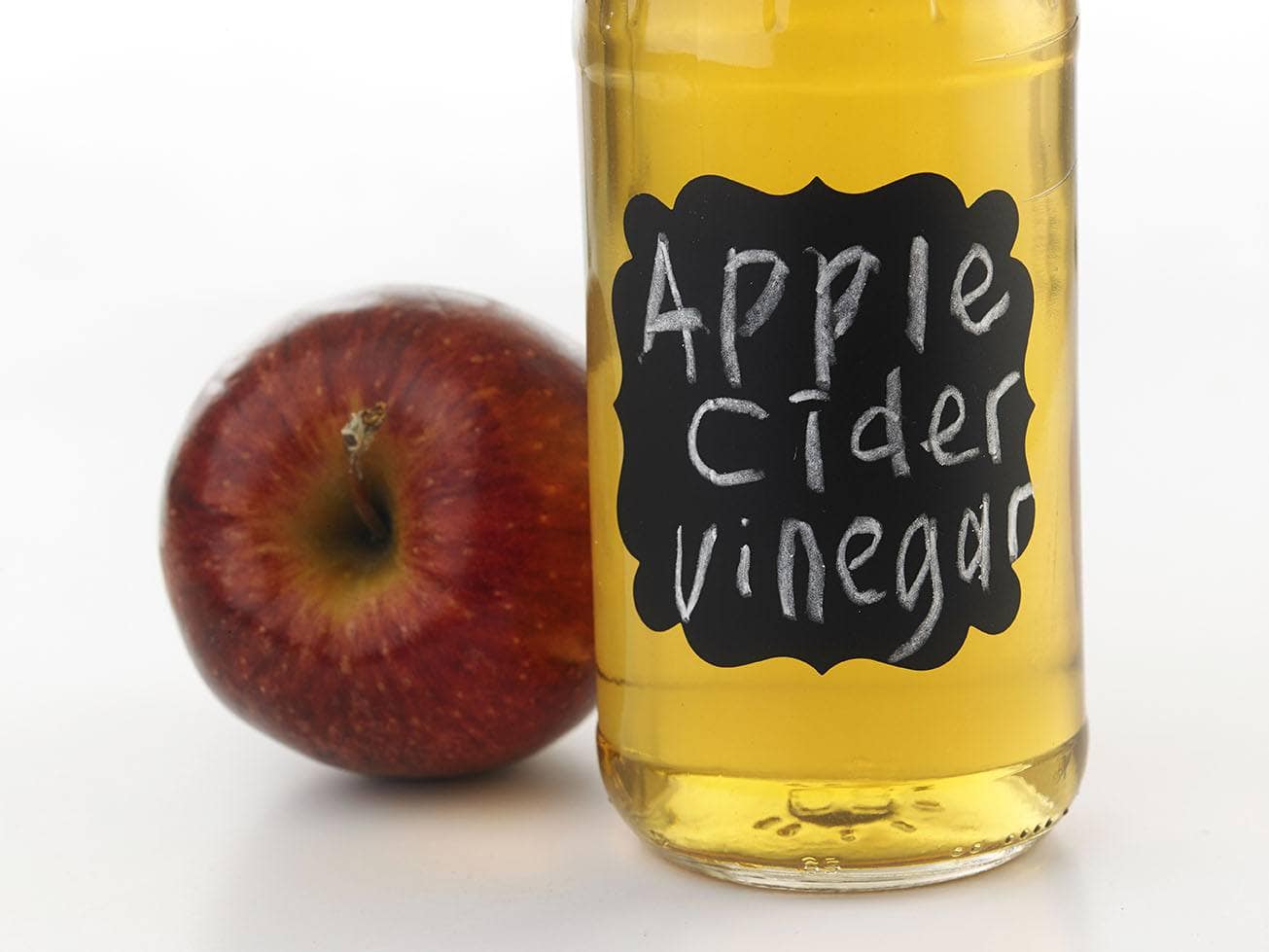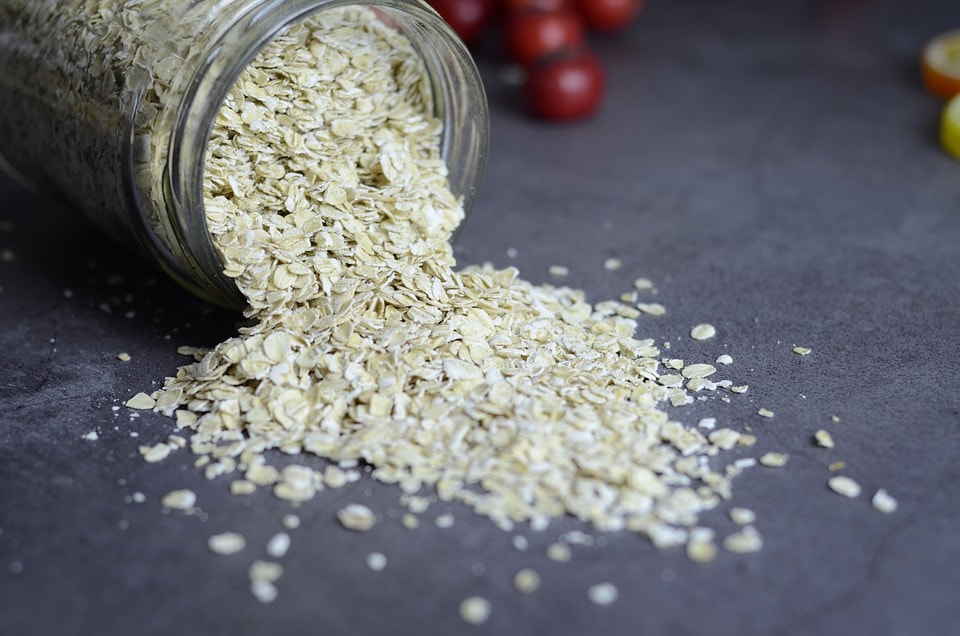VET APPROVED

The information is current and up-to-date in accordance with the latest veterinarian research.
Learn more »DISCLAIMER: Home remedies are not an alternative to professional medical advice. If your pet has a serious issue, please consult a vet immediately.
We love our pets and want to protect them. Sometimes, though, even under our watchful eyes, they can still find ways to get hurt. If your cat is wounded, assess the injury, and decide if it needs medical attention. Some cuts and scrapes are minor, but other wounds can be life-threatening. Always consult with your veterinarian if your cat is wounded, even if it’s just via a phone call. If your cat is bleeding heavily or you can see any exposed muscle or bone, this is an emergency, and you need to take the cat to the vet immediately.
For minor injuries, there are things that you can try at home to help ease your cat’s pain and make them more comfortable.
The 6 Home Remedies for Treating Cat Wounds
1. Saline Solution

If your cat’s eye is red, swollen, leaking, and closed, there could be several reasons for this, from infection to a foreign object in the eye. Cats’ eyes can easily become irritated and appear to be painful. To help your cat, you can rinse the affected eye with a sterile saline solution to try to dislodge any debris that could be the culprit.
Sterile saline solution can also be used to clean minor open wounds. You want to use this solution as a rinse to clean the wound and remove any dirt. This is the first line of defense against infection.
You can also make your own saline solution at home to clean minor wounds by adding 2 teaspoons of table salt to 1,000 milliliters (4 cups) of cooled-down water that you have previously boiled. Make sure you wash your hands thoroughly before preparing it, and mix it well until the salt is completely dissolved. This preparation is not sterile but will be quite handy to clean a dirty wound in emergency situations.
- Easy to use
- Inexpensive
- Won’t sting or burn
- May not have it in your home when necessary
- Could be difficult to hold your cat still while rinsing the wound
2. Raw Manuka Honey

Raw Manuka honey, which is made from the manuka flower, has antibacterial properties and can help promote healing, and it is used in medicine worldwide. The honey can also ease inflammation and soothe the skin around the wound.
There are a few things to remember, though. Regular grocery store honey will not have the same effect and should be avoided. It’s over-processed and lacks the medicinal benefits that you’d need for your cat’s wound. Also, despite having great benefits for most wounds, Manuka honey is not suitable for all of them, for example, those that are bleeding or some post-surgery wounds. Therefore, get the thumbs up from your vet before deciding to apply some to your cat’s wound.
- Popular food item you may already own
- May ward off infection until you can seek medical treatment
- Sticky, messy, and hard to spread
- May be hard to locate
3. Apple Cider Vinegar

Diluted apple cider vinegar might help clean certain minor wounds in an emergency situation. You can mix the same amount of water and apple cider vinegar (50/50) and use a cloth to dab it over the wound or graze. You can use it following your vet’s advice and on minor wounds.
- Likely have it on hand
- Inexpensive
- The vinegar smell may linger
4. Epsom Salt

Humans can soak in a bath of dissolved Epsom salt and receive the soothing benefits, and pets can too! We know that it’s not as easy to get your cat to relax in the bathtub. But if your feline friend starts showing signs of a pulled muscle or sprain, there’s good news. You can dissolve Epsom salt in warm water and soak a washcloth or dish towel in it. Then, apply the cloth to the affected area for up to 5 minutes, five times a day.
- Simple and quick
- Does not involve a bathtub
- Cat may not sit still for 5 minutes
- Cat may not agree with this method because it involves water
5. Arnica

Arnica is a bright yellow sunflower used in homeopathic remedies for bruises, arthritis, and muscle pain relief. This comes in an ointment form, but it’s best to not have your cats ingest it by licking it off. Arnica is available in pellet form for cats, but you should always check with your vet first for the proper dosage amount. These pellets should only be given to your cat after they are mixed with water.
- A natural pain reliever
- May be difficult to find
- Pellets have to be prepared with water first
6. Oatmeal

Itchy skin can be irritating for cats, and they can scratch themselves bloody with their claws. If you notice that your cat is itching excessively, you can use oatmeal to soothe their skin. Baby cereal works best because it’s finely ground. This can be stirred into warm water to make a healing soak for your cat. Will they let you put them in the water? Perhaps not, but they may be so relieved when you try that they’ll make an exception.
- Easy to use
- Inexpensive
- May make the water thick and hard to drain
- Cats may not agree to this method
If you are still unsure about the at-home treatments in this article, you should consult a vet.

Conclusion
Treating your cat at home can be scary. While the advice here is meant for temporary relief, it should not take the place of professional medical care. Always consult your veterinarian if your cat is injured.
We want the best for our feline companions and hate to see them in pain, so trying to make them feel better is only natural. We hope that this list of remedies comes in handy should you ever need it and that you can provide relief for your kitty before they can see the doctor.
Looking for more advice for your sick cat? Try:
- Home Remedies to Stop Your Cat From Licking Too Much
- How to Keep Your Cat From Jumping After Surgery
Featured Image Credit: Svetlana Rey, Shutterstock














4 Responses
My cat has a inflammation under his left front leg close to his nipple, it’s open. I cleaned it neat with apple cider vinegar thinking it was a ringworm, but I don’t think it is. I think something bit him yesterday as he was already in pain not thinking it was a insect bite. What can I use to clean it with? The wound did open further, blood & pus came out. Put some coconut oil on it and it closed up, but can still see a hole there. He let me know that it is sore.
Hello Reneé,
thank you for your question. We are very sorry to hear about your cat’s issues. From what you wrote it seems the issue could be very serious and one of the worst options is that it could be even cancer. We strongly recommend taking your cat to the vet immediately.
Good Day Radim, since a week ago the wound has closed, a scab formed and for some unknown reason it opened up again. It’s not cancer. There is a lump there that all cats get when they are outside. Personally think it’s fat. I think he bit himself because it might be bothering him. My Vet is aware of it and working on helping him lose weight. I have been applying apple cider vinegar and warm water to clean it then coconut oil. It heals their skin. I put a cone on his head to prevent him from licking it.
Hello Reneé,
thank you very much for letting us know about the development with your cat. It is great to hear you are working alongside your veterinarian and that you are on top of things. Some issues are not to be underestimated and being diligent always pays off. If you noticed your cat biting some spot while it’s healing, the cone is a great way to prevent this. We suggest to keep monitoring your cat and the spot in question just to be safe.
Best wishes to both of you!